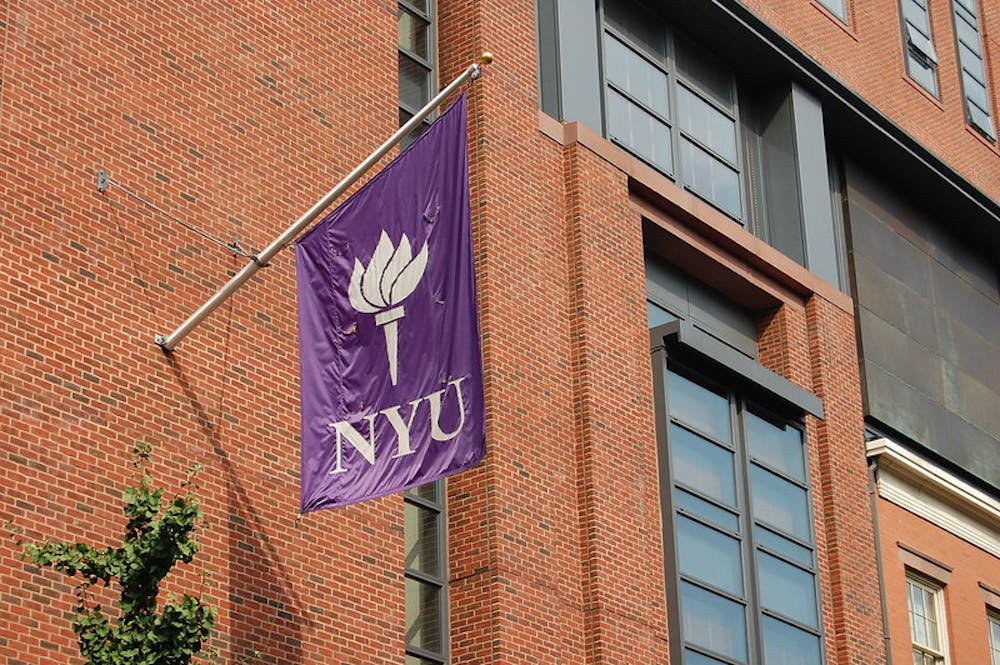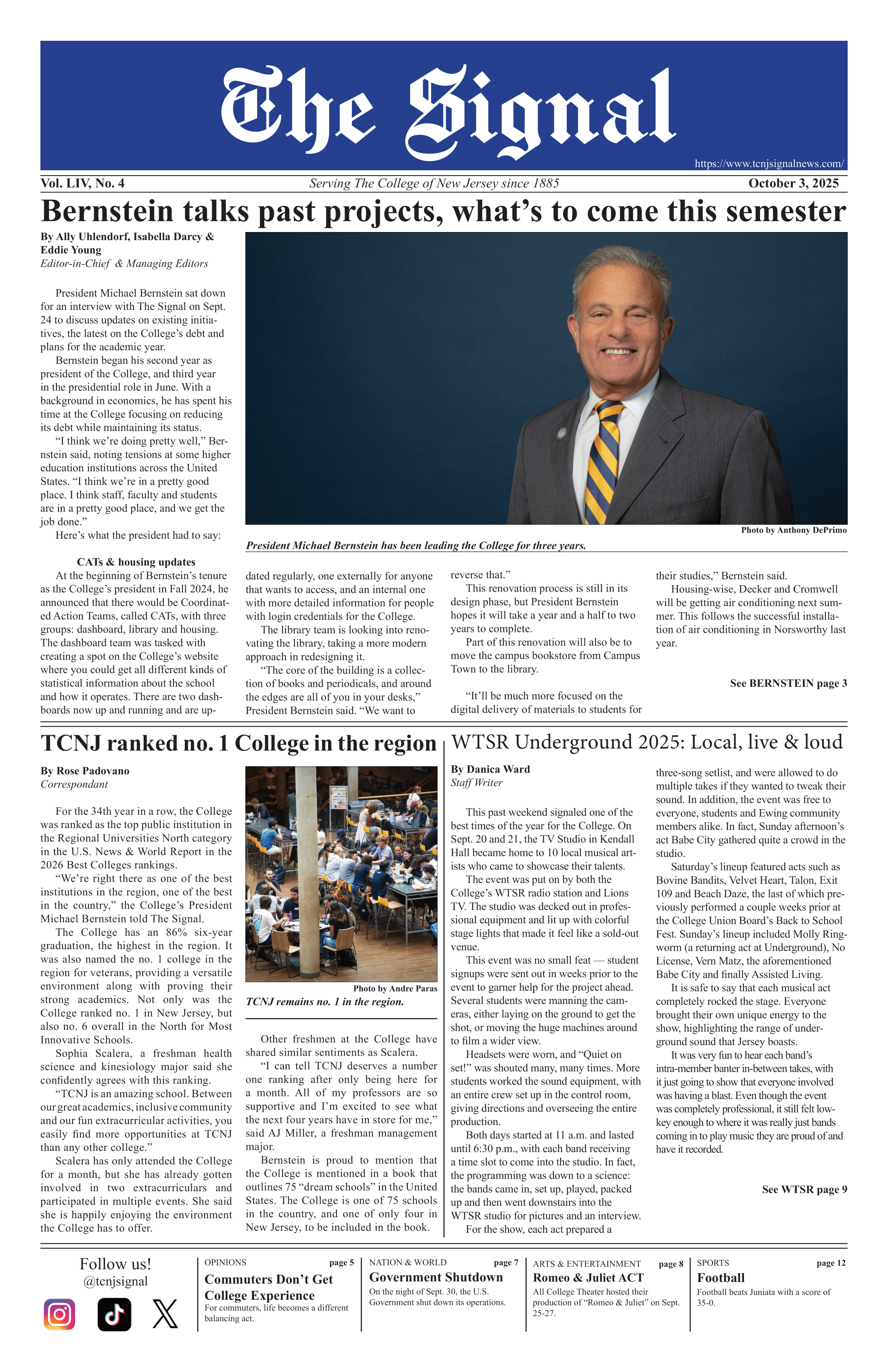By Soo Rin Kim
Opinion Editor
Scandal rocked the academic world when organic chemistry professor Maitland Jones Jr. was fired from his position at New York University. The decision came after a group of students failing the course petitioned for his dismissal.
Organic chemistry is considered a “weed-out” class, designed to appraise which undergraduates would be best suited for the rigors of medical school. For those who aspire to be doctors, the weight of the future rides on escaping with a passing grade.
On the one hand, the students’ perspective is somewhat sympathetic. Could the problem really lie with individual lazy or unintelligent students if large groups over several years were consistently performing poorly? Jones argues that this seems to be the case.
In an article written for the Boston Globe in the aftermath of his termination, Jones claims that in recent years he has seen a decline in the overall competence of student work. After Covid hit, motivation seemed to drop to a new low, and he struggled to get exam scores up.
I find this description to be disturbing. It only confirms the worst stereotypes about my generation: that we are careless and distracted yet at the same time entitled and oddly litigious about getting our way. The headline that Jones was fired because his class was ‘too hard’ must have elicited scoffs from older people who claim that Generation Z needs to ‘toughen up.’
For this reason, I believe that NYU made the wrong decision, at least from a publicity standpoint. This news only made the university more vulnerable to criticism of the way campuses nowadays coddle their student body. However, that’s not to say that nothing should have been done about the numerous student complaints about Jones’ teaching style.
I actually think that the fact that university officials paid attention to the discontent of students shows an interesting change in these types of social dynamics. Students should be allowed an open forum to air their grievances about the education for which they are sacrificing a life’s worth of savings. What would happen if, as in the fantasies of outraged baby boomers, young people refused to question the merits of the systems they were born into?
I don’t think that the students who rallied for Jones’ removal can be called arrogant but rather unprepared. What if the trend that Jones describes in his essay is not necessarily due to the laziness of an entire generation, but the consequences of NYU’s lack of accommodations for their students?
In recent years, many universities, including NYU, have raised their efforts to recruit students of varying socioeconomic backgrounds. However, there is far less talk about how these students are supposed to fare in the high-pressure environments of some of the nation’s top schools. Though all students are granted admission by the same committee, that does not necessarily mean that they are all coming from the same level.
In short, the students who banded together to oust Jones from NYU were not symbols of our generation’s arrogance, but instead symbols of the changing campus culture that allows students to question the inequity of some of the systems designed for when college was deemed only for the wealthy. But that doesn’t mean that firing him was the right choice.
I believe a compromise between the two sides would ultimately have been the best solution. In the same op-ed from the Boston Globe, Jones expounds on the many approaches he has tried in the wake of the pandemic’s effect on young learners to make his material more accessible. This includes creating videos that could be watched in lieu of in-person lectures. While I commend his efforts, I don’t believe they were enough, although that is through no fault of his own.
Most of the issues that came into play in this national autopsy of the American collegiate system were caused, at least indirectly, by a lack of collaboration between students, faculty and administration. Administrators failed to adequately guide the faculty into finding a solution to the distress of their students. They did not reveal to professors the exact nature of the complaints volleyed against the curriculum. In such a situation, professors could only stab blindly at the problem at hand.
I believe that if there were a more open line of communication between these three bodies, then perhaps Jones would still hold his old job title. However, through the muddy channels of bureaucracy as well as the emotional charges of anonymous professor reviews, it is easy for signals to be crossed.
In all, NYU’s chemistry department is valid in its disappointment over the firing of this long-honored professor, especially since it seems he cares so deeply about issues of education. However, that doesn’t mean that the students who petitioned for his removal are entitled brats like the media sometimes portrays them to be. There are deeper sociological issues at work on today’s campuses that cannot be dismissed as mere folly. Both of these sides should have worked together more openly to arrive at a solution less brash and newsworthy than termination.







